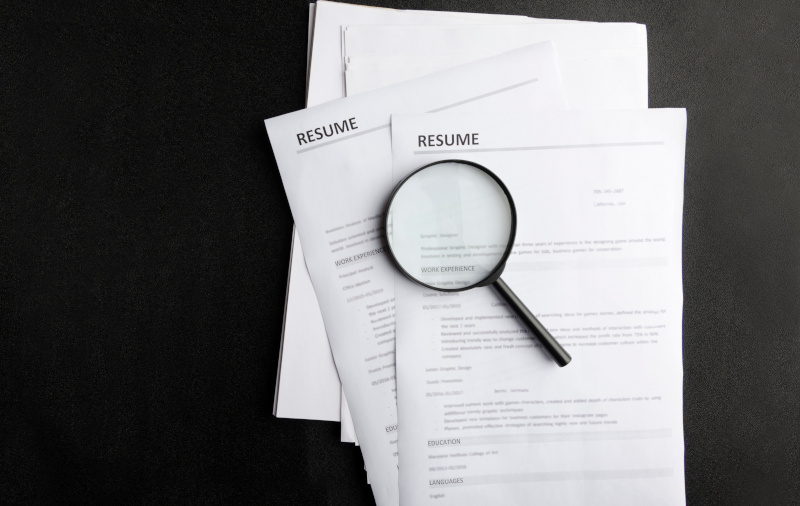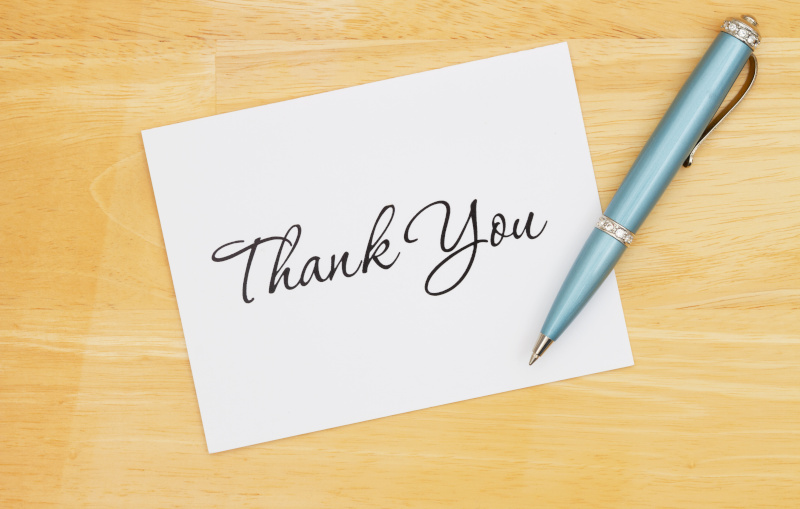Securing a healthcare job requires more than just a strong resume. A successful interview can make all the difference in landing your dream role. In this blog post, we’ll guide you through the process of acing a healthcare job interview, starting from the essential documents you need to bring to the steps you should take after the interview is over.
Part 1:
Preparing Essential documents before you step into the room, ensure you have these documents ready:

- Resume: Carry multiple copies of your updated resume, highlighting your relevant experience, skills, and achievements in the healthcare field.
- Cover Letter: If not already submitted, bring a well-crafted cover letter that outlines your passion for the position and your alignment with the organization’s values.
- Certifications and Licenses: Have photocopies of your certifications, licenses, and other relevant credentials to showcase your qualifications.
- References: Prepare a list of references who can vouch for your skills and work ethic. Inform your references in advance that they may be contacted.
- Portfolio: If applicable, bring a portfolio showcasing your healthcare-related projects, research, or accomplishments.
Part 2:
Nailing the Interview

During the interview, follow these strategies to stand out:
Research: Thoroughly research the organization, its mission, values, and recent developments. Tailor your answers to demonstrate your understanding of their goals.
Be Prepared for Behavioral Questions: You’ll be asked behavioral questions to gauge your problem-solving abilities, interpersonal skills, and ability to handle challenges. Use the STAR (Situation, Task, Action, Result) method to structure your responses.
- S: Start by considering a difficult circumstance you’ve encountered.
- T: Identify your task and one or two vital skills needed to complete the task in question.
- A: List the steps you followed to complete the task, indicating whether you worked alone or with other team members in your efforts.
- R: Keep a record of the actual outcome. Concentrate on concrete outcomes that demonstrate progress and the contributions you made to the organization.
Showcase Soft Skills: Highlight skills like communication, teamwork, empathy, and adaptability that are crucial in the healthcare industry.
Ask Thoughtful Questions: Prepare thoughtful questions about the role, the team, and the organization. This shows your interest and engagement.
Dress Professionally: Dress in appropriate, professional attire that aligns with the healthcare setting.
Part 3:
Post-Interview Follow-Up

After the interview, continue to make a positive impression:
- Send a Thank-You Note: Send a personalized thank-you email or note within 24 hours to express gratitude for the interview opportunity.
- Reflect on the Experience: Take time to evaluate how the interview went. What were your strengths, and where could you improve?
- Address Any Follow-Up Requests: If the interviewers requested additional information or follow-up tasks, ensure you complete them promptly.
- Be Patient: The hiring process can take time. While waiting for a response, stay proactive in your job search and continue networking.
- Review for Future Interviews: Regardless of the outcome, treat every interview as a learning experience. Use feedback to refine your interview skills for future opportunities.
In Summary
Acing a healthcare job interview requires meticulous preparation, thoughtful responses, and strong follow-up. By presenting yourself as a knowledgeable, passionate, and skilled candidate, you’ll increase your chances of landing that desired healthcare position. Remember, each interview is a step closer to your career goals, and each experience contributes to your growth in the healthcare industry.




